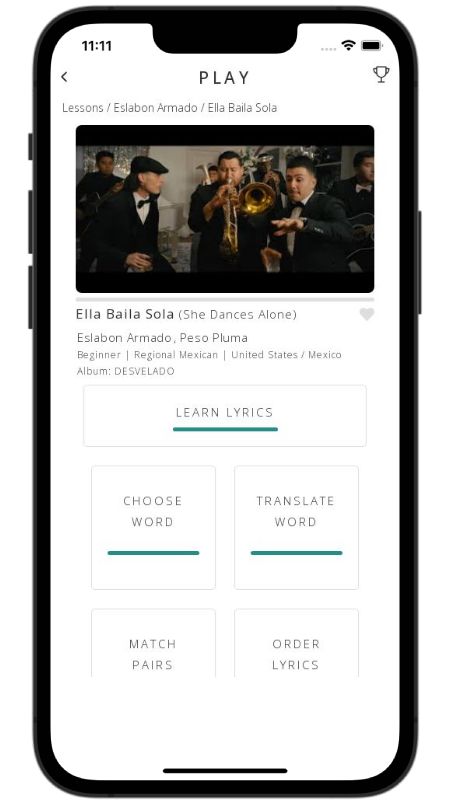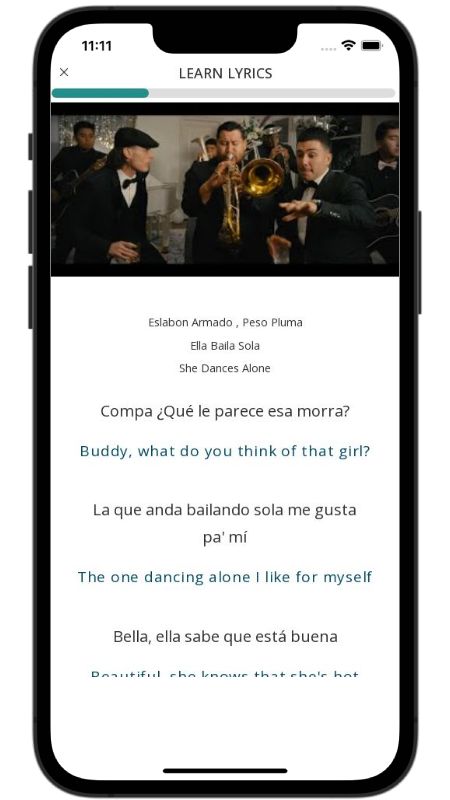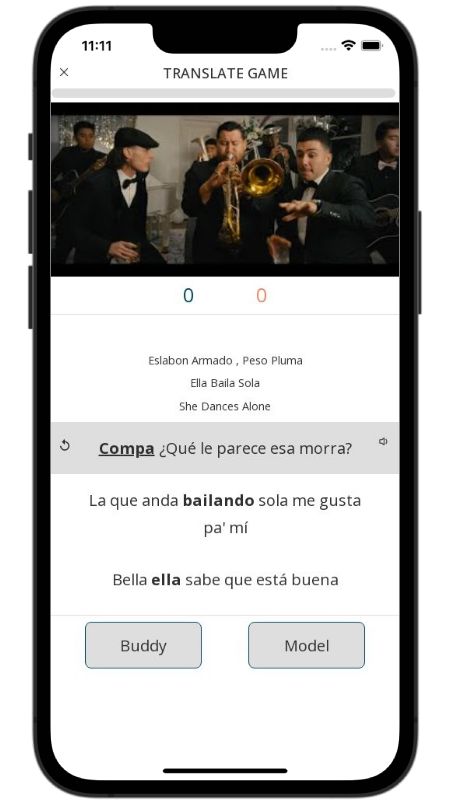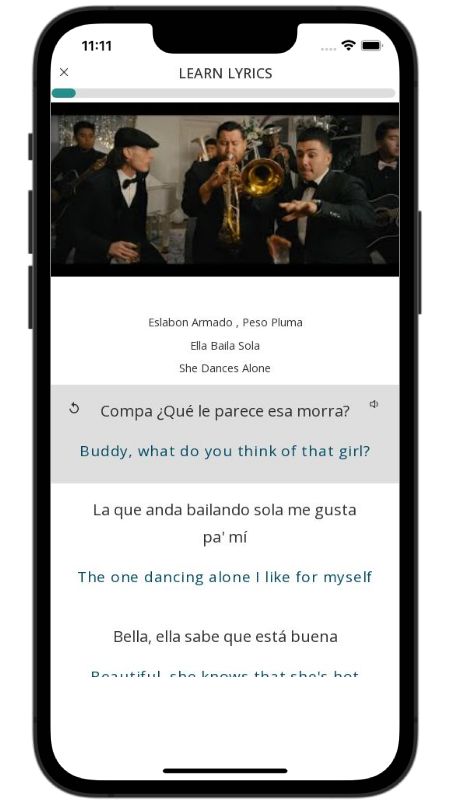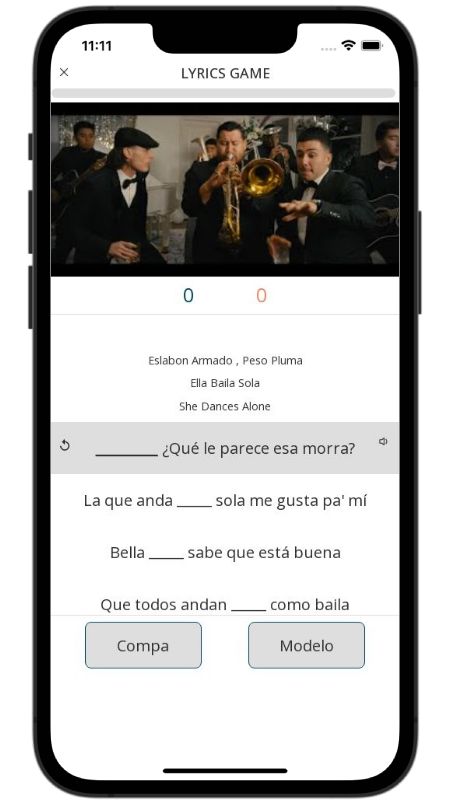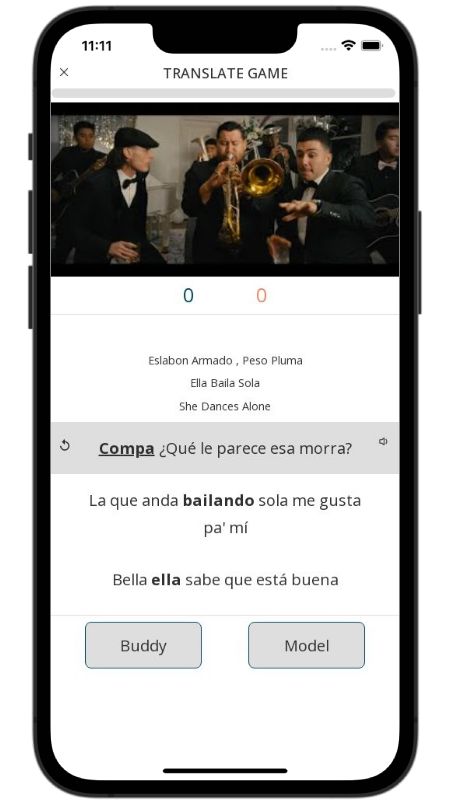HOMER EL MERO MERO: Bzrp Music Sessions, Vol. 30 Lyrics in English Bizarrap , Homer el Mero Mero
Below, I translated the lyrics of the song HOMER EL MERO MERO: Bzrp Music Sessions, Vol. 30 by Bizarrap from Spanish to English.
Verse 1
It's another night and I'm in charge of the kitchen
In a neighborhood where luck runs out
Christ doesn't play anymore and the devil keeps running around
Let's see if he can take charge of my life
I already knew him or he met me first
Around these parts it's normal among bandits
Trading the knife for coins or a hat
Every drop that splashes is a new world
Time overcomes everything, it keeps it all
Those who hugged you yesterday shoot you from outside today
Everybody wants to bet but they don't drop their coins
Because it's easier to buy when the money isn't handed over
I earn respect with just one look
I stare at them, son, I don't need to say anything
I lost my life in the early hours
Looking for a new horizon in some sacred land
Now everything I drop blasts through the blocks
And I'm telling my kids that I kill for this
That the hood has had its messenger for a long time
They call him the Mero Mero, and he's the one who tells them the tale
A couple of punks tried to take me out
But H dodges, passes, scores the goal and blocks them
I don't want to hype them up, but by giving them an edge
They can't catch him, the Mero smokes and relaxes
Microphone, fist and lyrics, schooling the track
The pistol hidden in the back of the staircase
Knife in hand, and with his heart outside
He shouts to the four winds that he defends the flag
Save yourselves, shooters in sight
Fighters on the list who dream of getting out
The artist life that they think is the real one
Ends up sparking it before someone else could light it
It's not the new era, the old one, see how it's played
When the world is selfish it hugs you even though it doesn't want you
Give me first gear so I can drop the fifth on you
In a different way, that's my life, maybe
So that the deal is clear, it's me again
I only came with bars, I didn't even bring the .32
For whoever thinks he knows it, for whoever never learned it
For whoever thinks it's now on sale for stealing the flows
My n***a, there's no comparison when I step into the booth
Argentina's number ten at narrating the lyrics that back them
In another league, your father plays in another league
It's 2020 and I keep giving Boom Bap life
I don't have to change my voice or strike poses
Staying a hero is the consequence of my steps
I don't buy the fake case that everybody knows
I don't tie myself to any of all their gods
The real G unstitches the beat, putting the street in command
His doping tests positive, like Diego Armando
And you talking to me about drugs, what are you telling me?
In the hood and in the pen they don't catch your vibe
Outro
This isn't music, it's a drug
Bizarrap, session number thirty
It's the f*ckin' Mero Mero
Lyrics and Translations Licensed & Provided by LyricFind
Lyrics © Sony/ATV Music Publishing LLC
Did you like these lyrics?
Did you know?
In addition to reading lyric translations, you can now learn Spanish with music and lyrics from your favorite artists.
No more boring lessons. You can now learn with engaging and culturally relevant lyrics from the best artists.
Apple and App Store are trademarks of Apple Inc.
Google Play and the Google Play logo are trademarks of Google LLC.
MORE BIZARRAP
